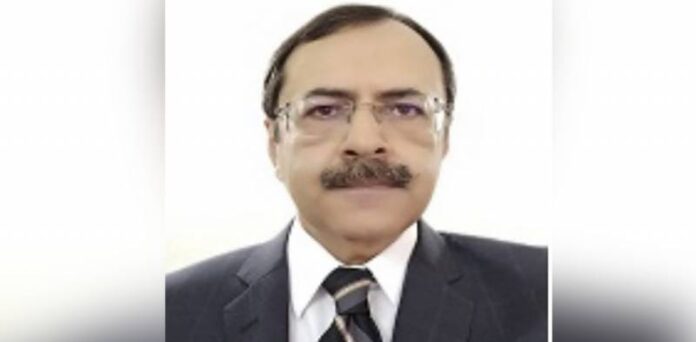ISLAMABAD: The government has appointed a senior officer of Inland Revenue Service Asim Ahmad as the new chairman of Federal Board of Revenue (FBR).
The notification was issued on Friday after the cabinet approved his appointment as the chairman. Through another notification, the federal government also gave additional charge of the revenue division secretary to him.
Sources said that Asim Ahmad is not only the batchmate of Secretary to Prime Minister, Azam Khan but also close to Special Assistant to PM (SAPM) on Revenue, Dr Waqar Masood. “Waqar met the newly posted chairman in his office on Thursday evening,” sources added.
As per senior journalist, Kamran Khan, the appointment is the first to be approved by the designated finance minister, Shaukat Tarin.
Sources said that around two dozen Inland Revenue Service (IRS), as well as Pakistan Customs officers of grade 22 and 21, are senior to Asim Ahmad, which is why he has been posted under Section 10 of the Civil Servants Act, 1973.
IT Member Operations, Dr Ashfaq Ahmad, was also eyed for the post; however, sources said that he was not posted due to his alleged differences with the SAPM on Revenue.
The FBR collected net revenue of Rs3.39 trillion during the July-March period which exceeded the target of Rs3.29tr by more than Rs100bn. This represents a growth of about 10 per cent over the collection of Rs3.08tr during the same period last year.
The FBR will have to collect Rs1.301 trillion in three more months till June 30 for reaching the revised target of Rs4.691trn for the current fiscal year.
Meanwhile, the FBR board-in-council meeting acknowledged and appreciated the services of retiring FBR chairman Javed Ghani. Special Assistant to PM on Revenue Dr Waqar Masood and all FBR members attended the meeting and paid tribute to his services. A memento was also presented to him on the occasion.





standard proctor test